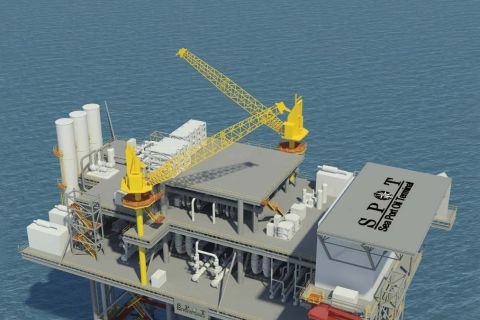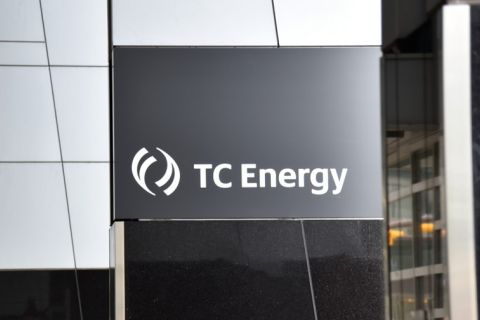?The Canadian and U.S. equity markets are trending together, but Canada is slightly underperforming, due to a relatively weaker currency, Drew MacIntyre, Alberta-based vice chairman and head of global energy and power for TD Securities Inc., told Houston Producers’ Forum members recently.
That makes Canadian E&Ps a good target for acquisitions now. MacIntyre expects to see a flight to Canadian quality by the majors like ExxonMobil Corp., ConocoPhillips, Royal Dutch Shell and StatoilHydro, as they see good acquisition targets. Canada’s junior E&Ps (those producing less than 5,000 barrels per day) may also be consolidated.
“Here’s why investment bankers are a little nervous these days. Not only has there been a real reduction in equity raises in the U.S., but Canadian issuances are down 74% this year. That means there are an awful lot of fees that have left the Canadian investment market.”
Compared with 2007, Canadian M&A deal-making transaction dollar totals are down 60% so far in 2008, thus creating M&A opportunities for 2009. MacIntyre expects to see such transactions conducted as percentage-of-stock deals.
“This happens when equity and commodity markets change so quickly. A lot of people are keeping their powder dry and doing M&A deals on a relative-value basis.”
So who are doing deals in Canada? “During the past two years, the sovereign-wealth funds have shown up here. The top three deals were by Abu Dhabi Energy Co.,” he says.
Also known as Taqa, it acquired Northrock Resources, Pioneer Canada, and PrimeWest Energy Trust, forming Taqa North.
The acquisition of Northrock ($2 billion) from a subsidiary of Pogo Producing Co. (USA) provided Taqa with 142 million barrels of proven oil and gas reserves. The Pioneer business, acquired for $540 million, gave Taqa 10,000 barrels of production per day. Taqa acquired PrimeWest for $4.4 billion.
And a Chinese E&P purchased oil-sands properties. Soon Canada may institute a “national security test” for further such sovereign-fund transactions, especially for deals with China and Korea, but not with the U.S., MacIntyre said.
Meanwhile, Canadian banks have outperformed U.S. banks. “This is due to one key reason,” says MacIntyre. “The pure independent investment-bank model does not exist in Canada. We broke down our barriers between commercial and investment banks many years ago, so every major commercial bank bought an investment bank. TD Securities bought a couple; Royal Bank of Canada bought a couple.
“So what you see is that Canadian investment banks have huge retail and wealth-management arms, and thank goodness. It is cheap capital, and stable capital. So Canadian financials have corrected in the 20% range, which is not bad considering today’s market,” he says.
Recommended Reading
Enterprise’s SPOT Deepwater Port Struggles for Customers
2024-04-25 - Years of regulatory delays, a loss of commercial backers and slowing U.S. shale production has Enterprise Products Partners’ Sea Port Oil Terminal and rival projects without secured customers, energy industry executives say.
Enterprise Gains Deepwater Port License for SPOT Offshore Texas
2024-04-09 - Enterprise Products Partners’ Sea Port Oil Terminal is located approximately 30 nautical miles off Brazoria County, Texas, in 115 ft of water and is capable of loading 2 MMbbl/d of crude oil.
TC Energy's Keystone Oil Pipeline Offline Due to Operational Issues, Sources Say
2024-03-07 - TC Energy's Keystone oil pipeline is offline due to operational issues, cutting off a major conduit of Canadian oil to the U.S.
TC Energy’s Keystone Back Online After Temporary Service Halt
2024-03-10 - As Canada’s pipeline network runs full, producers are anxious for the Trans Mountain Expansion to come online.
Enbridge Fortifies Dominant Role in Corpus Christi Crude Transport
2024-03-20 - Colin Gruending, Enbridge executive vice president and president for liquids pipelines told Hart Energy the company’s holdings in South Texas are akin to a “catcher’s mitt” for Permian and Haynesville production.



